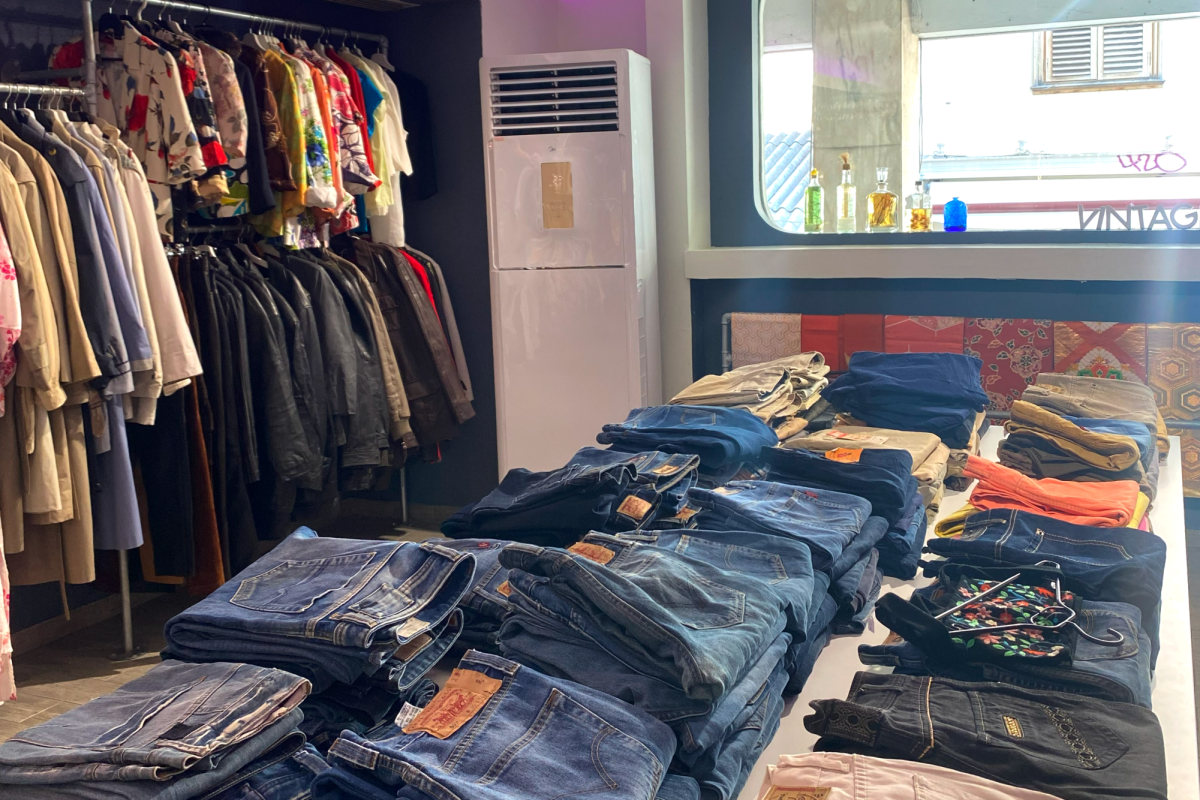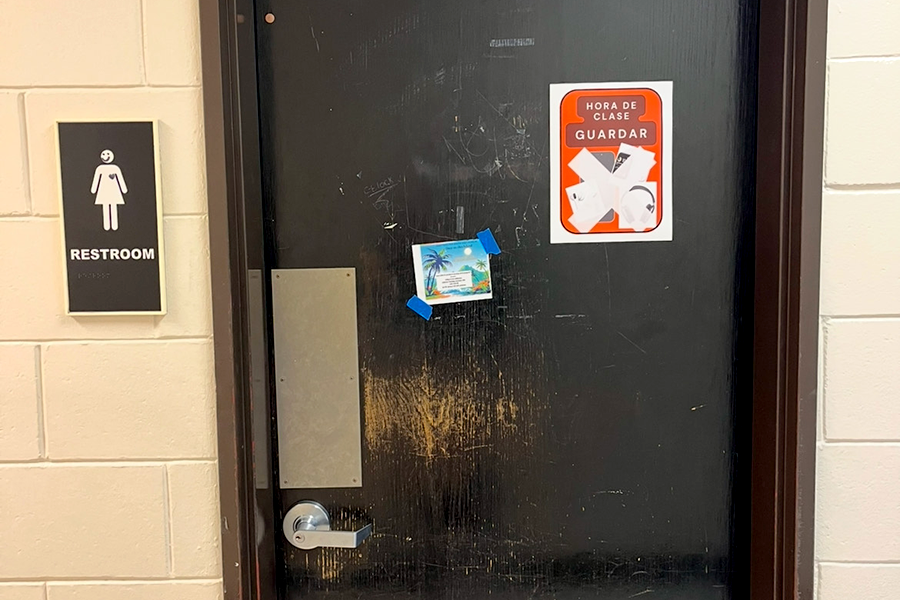Alcohol abuse incidents and issues have become more and more common this year here at South High. This trend goes against statistics from the National Institute on Drug Abuse that shows a decline in teen drug and alcohol usage.
“The word I would use to describe this year would be ‘a lot,’” said Anne Gorton, the Alcohol and Substance Abuse counselor, when describing the state of student alcohol usage. Gorton continued to explain that “substance abuse and use and the education around substance abuse is a priority at South.” Gorton feels that the administration here has the students best interests at heart.
Not everyone would agree with her however, like senior Sue, who wishes to remain anonymous.
Sue was suspended for “having alcohol in her system” at a school event. “I was called into [Assistant Principal Dagny Waldeland’s] office, where I found out I was going to be suspended,” said Sue, who thinks the entire ordeal was “weird because it had happened a few days before.”
The district’s alcohol policy prohibits use of “controlled substances, toxic substances, prescription drugs and over- the-counter preparations” in areas and places “before, during, or after school hours, at school or in or on other school premises.”
The policy does not stop students from drinking outside of school.
“It’s downright annoying” Sue said of her experience, “there is not a lot of leeway from the administration on a case by case basis”.
Gorton, however, disagreed: “Kids are unique, kids are not robots, so our process is very organic on a case by case basis.”
“There was not any leeway for me, and I know I made a mistake, but I was in no way drunk or causing a disturbance” said Sue, who feels that “I was treated like someone who does this on a regular basis”.
Jack Grover, senior, has a different view of the administration’s policies. “[The administration is] as good as they can be given their circumstances, but there are ways kids abuse their policies and create tough spots for everyone else.”
Some of the student frustration with administrative practices could come from a difference between a student’s family’s attitude toward drinking and school policy.
Sue said, “[In general] teens disrespect alcohol and are irresponsible, and my family was trying to teach me about alcohol and this is what happened. I was treated fairly under the context of the actual rules, but in the context of the incident, it was going too far.”
Marty, a student from Southwest High School who also wishes to remain anonymous, agreed that family culture has a lot to do with how teens deal with alcohol: “I think a lot of it has to do with parental trust, my parents know I [drink] and I don’t feel pressured to hide drinking and try to binge. I think the drinking culture of the USA has gone in the wrong direction.”
According to a national study polling students in the 8th to 12th grades, the percent of students that consume alcohol on a daily basis is on the decline. When compared to the also declining number of users through out life, this could mean that the average high school student has a lower chance of being an alcoholic later in life.
According to a study by the American Academy of Child & Adolescent Psychiatry, heavy alcohol usage and dependency in teens disrupts the brain’s natural development, as well as being the cause of several common social and mental side effects that, depending on the person and the situation, can severely disrupt their normal social life.
Grover has observed alcohol’s effects on teens’ social life. “It mostly affects my friends, and what they do on the weekends. It changes the way they live outside of school.”
Grover thinks the main reason students consume alcohol and drugs is “social status, you’re going to think you’re so cool, it’s mostly social status, and abuse stems from that.”
Depression can also play a large role in teen alcohol abuse.
“I think about booze more than I think about school, it helps me not focus on how much I hate my life,” said Robert, an anonymous senior from Southwest.
Based on the effects alcohol has on the teenage mind and body, depression and addiction are not uncommon as Robert has experienced.
“Sometimes I have even gone to school drunk. I thought it was funny but my mom was kind of mad,” said Robert, “my friends and me don’t really care. I don’t really care. There isn’t really anything else I can do in my [freaking] life. [laughs]”
Grover agreed, “You can’t expect kids to use drugs and not be affected negatively by them,” a point the administration echoes in their actions. “Kids these days make poor decisions, and it sucks that their negligence makes [the rest of us] suffer as a result.”






